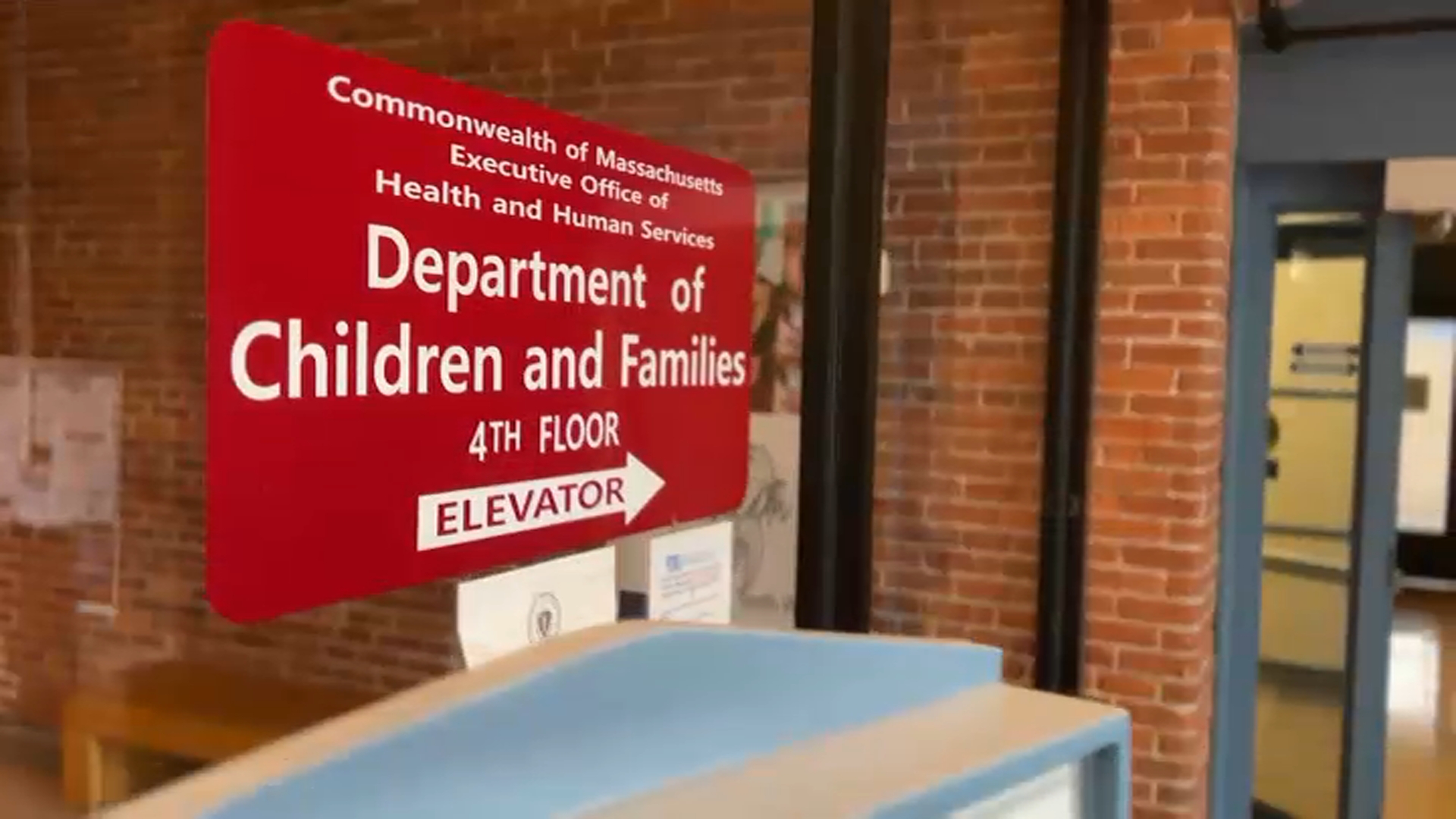What to Know
- Eight states, including Mass. and Conn., filed a suit against the Trump administration to block downloadable blueprints of 3D-printed guns.
- Reps. Seth Moulton of Mass., David Cicilline of RI introduced a bill that would prohibit the manufacture or possession of 3D-printed guns.
- A federal judge in Seattle issued a temporary order to stop the release of the blueprints
Lawmakers from New England are leading the fight to ban the 3D printing of plastic firearms.
Tuesday evening, a federal judge in Seattle issued a temporary restraining order to stop the release of blueprints to make untraceable and undetectable 3D-printed weapons.
On Monday, attorneys general from eight states, including Connecticut and Massachusetts, filed suit against the Trump administration to block publication of downloadable blueprints for a 3D-printed gun. Tuesday, Massachusetts Attorney General Maura Healey announced that the order had been granted.
"Today's win is just the first step," Healey tweeted. "We will keep fighting to stop the Trump Administration from allowing criminals and terrorists to build untraceable and undetectable guns at home with the click of a mouse."
Earlier Tuesday, Democratic Reps. Seth Moulton of Massachusetts and David Cicilline of Rhode Island introduced legislation during the U.S. House session. The legislation would prohibit the manufacture or possession of 3D-printed guns.
The lawmakers say the plastic weapons would elude detection at most security checkpoints.
Local
In-depth news coverage of the Greater Boston Area.
Moulton, a former U.S. Marine, says access to guns made by 3D printers is a "dangerous step in the wrong direction," while Cicilline calls it a "disaster waiting to happen."
President Donald Trump's administration reached a settlement in June with Defense Distributed, which allowed the Texas-based company to post designs for the guns online. However, the president said on Tuesday he was "looking into" the sales of 3D-printed guns, adding, "3-D Plastic Guns being sold to the public ... doesn't seem to make much sense!"
"No, Mr. President, it doesn't make any sense," U.S. Sen. Ed Markey (D-Mass.) said a press conference Tuesday morning.



